Gholamali Khoshroo, Ambassador and Permanent Representative of the Islamic Republic of Iran to the United Nations made the remarks on ‘The Situation in Afghanistan’ before the Security Council of the United Nations on 19 December 2016, New York.
The full text of his letter to the UN chief follows:
In the Name of God, the most Compassionate, the most Merciful
Mr. President,
I would like to express my appreciations to Spain for organizing this debate, the distinguished Ambassador of Afghanistan for his statement, as well as Mr. Yamamoto, Special Representative of the Secretary-General for Afghanistan and head of the United Nations Assistance Mission in Afghanistan (UNAMA). for his briefing and presenting SG's latest Report, as contained in document S/2016/768.
The SG's latest report, once again, refers to the security situation further deteriorated during the reporting period, with the number of armed clashes increased by 22 per cent over last year, reaching its highest level since the United Nations started recording incidents in 2007 and surpassing the previous record year of 2011. Under such circumstances, a united and strong leadership is essential to strengthen the national capacities to face the complex security, economic, and development challenges.
Our region continues to suffer from an alarming surge in extremist violence; and a dramatic increase in drug production is threatening our societies. Afghanistan is most affected by these problems; 2016 has been a very challenging year for the National Unity Government of Afghanistan, as extremist groups such as Daesh are expanding their terror inside Afghanistan, even in Kabul.
Today, the Afghan National Unity Government is in forefront of fighting terrorism. The sustained support of the international community is much more needed to support the Afghan Government in its fight against terrorism and extremism, as well as to address its security, economic and political challenges.
We continue to fully support the National Unity Government and we stand ready to work with its leaders to help them discharge their responsibilities. We welcome the recent achievement of the government in making peace with Hezbe-e-Eslami, and we hope that an Afghan-owned and Afghan-led peace process, benefiting from all capacities within the countries of the region, would move towards establishing lasting and comprehensive peace.
Mr. President,
Strengthening our regional cooperation with Afghanistan is a priority and a major pathway to consolidate peace and economic in the region. The trilateral transit agreement between Iran, India and Afghanistan on the development of the port of Chabahar, is one important step in that direction. It makes it possible for Afghanistan to have access to world markets through open seas, making development of fghanistan's vast and rich mineral resources economically attractive. We invite interested actors from the region and beyond to consider participating in the development and expansion of Chabahar. The Khaf-Herat Railway
project is another key connectivity project that connects Afghanistan to the international railway networks through Iran. We fully share the conclusion by SG in his report that “the regional infrastructure initiatives, including transport links, between Afghanistan with Iran and Turkmenistan serve as an important pathway towards prosperity and stability in Afghanistan.”
The challenges facing Afghanistan and our region are interconnected. Recent reports by the UNODC indicate a 43% growth in drugs production last year. Without drug proceeds, terrorists cannot finance their operations. And drug producers need militias and warlords to traffic their deadly commodity. Under-development, low-income and lack of economic opportunities provide fertile and abundant recruitment opportunities for terrorist groups and drugs networks.
As a frontline country in the war against narcotics, we have offered alternative cultivation as well as alternative livelihood plans to dissuade Afghan farmers from opium cultivation. But to reverse the current alarming trend of increasing drug production, international cooperation with an integrated strategy for alternative development aiming to turn the war economy into a formal sustainable economy is inevitable.
Strong support and commitment from international donors, Afghan authorities and the United Nations Office on Drugs and Crime (UNODC)is essential to deter the menace of narcotics as a social health challenge and more importantly, a major source of income for extremist and terrorist groups.
For the past 37 years, we have hosted no less than 3 million Afghan nationals at any given point. They have access to mostly subsidized services available to Iranian nationals, including basic commodities, public transportation, public health, and public education. This year alone, we are providing education to nearly 400 thousand undocumented Afghan students with minimum burden-sharing assistance from the international community.
Iran continues to participate in the work of Tripartite Commission in order to plan for voluntary, safe, dignified and gradual repatriation of Afghan refugees. According to the latest SG's Report year 2016, continues to be the lowest recorded returnee rate since the establishment of the voluntary return program in 2002, with many of the returnees chose not to return to their areas of origin, including many who settled in urban centers. We welcome any effort to help overcome the main reintegration challenges faced by returnees and to formulate a Comprehensive Voluntary Repatriation and Reintegration Strategy. Success in voluntary repatriation first and foremost depends on providing the reasonable needs of repatriated refugees in Afghanistan, and underscores the necessity for mobilizing more international support for this purpose.
Stronger coordinated approach between the Government, donors and the United Nations and an overall strategy for addressing the combined needs of the displaced and returnees are crucial in making the repatriation of Afghan refugees more successful.
Mr. President,
We support UNAMA as well as UN agencies in their efforts to provide development and reconstruction assistance to Afghanistan through a genuine commitment by the United Nations to a sustained partnership with Afghanistan, as set forth in Final Report of the Tripartite Review Commission on the United Nations in Afghanistan. We need to utilize the UNAMA mandate and its good offices for strengthening national institutions and capacities in priority areas as requested by the Government.
Let me conclude by reaffirming the resolve of the people and government of the Islamic Republic of Iran to continue their support for the fraternal people and government of Afghanistan as they move through this difficult period of their history to a stable, safe and prosperous Afghanistan.
I thank you Mr. President.
HA/PR

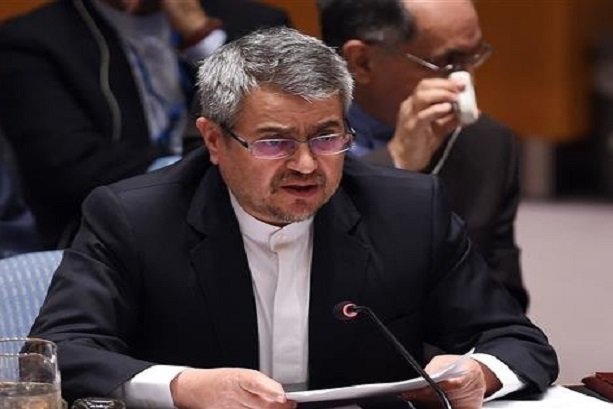
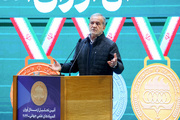
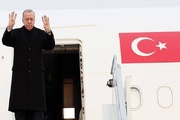

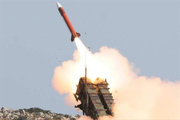

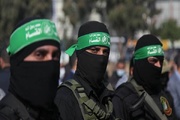
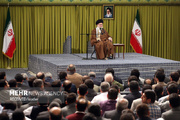

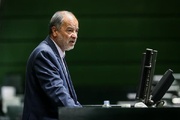
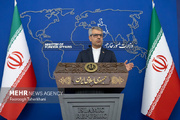
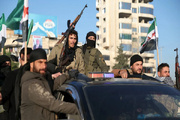


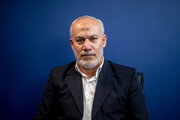

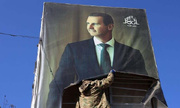

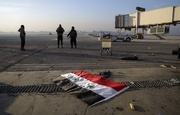

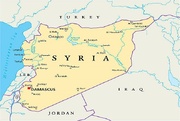
Your Comment